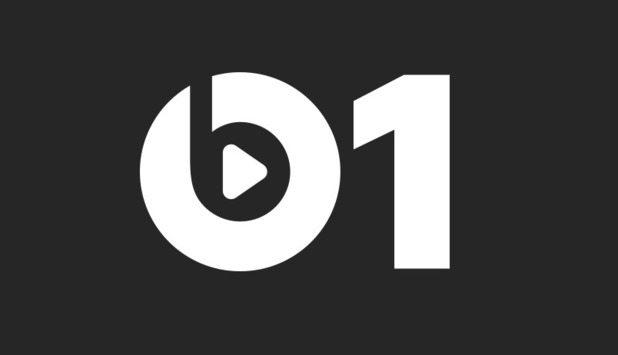The arrival of Beats 1 could spell the return of ‘monoculture‘ and the reunification of the music listening experience, as the focus of listeners shifts from the artists and back to their music. Is that good or bad?
I hadn’t even really thought about it. After enduring an iOS update, I saw the Apple Music icon. This must be the whole Beats 1 thing I thought. About to leave for the 4th of July liquor run I decided to give it a listen.
As luck would have it, I tuned in just before the transition to Q-Tip’s ‘Abstract Radio.’ Over an hour of intermittent listening, I heard an eccentric mix of Fetty Way, Bully, Nas, Tears for Fears, Level 42 and A$AP Rocky among others. Or as Q-Tip sells it “not the old school not the new school only the good stuff.”
What struck me was that, for once in my mobile listening life, I wasn’t the only one listening to these tracks at the same time. Not only was the variety of music inclusive but so was the timing.
This inclusiveness channels the “unifying potential” we got used to in the ‘Monoculture’ of the 90s. In the New York Time’s profile of Beats 1 Ben Sisario talked about Trent Reznor’s rationale behind the Beats 1 inspiration:
Hearing Mr. Lowe’s BBC show while on tour, Mr. Reznor considered the live, communal experience of an audience tuned in to the same songs. “I wondered if in today’s world there is still a place for monoculture.”
The internet’s notorious, almost infinite, attention divide is slowly phasing out the ability of ‘music moments,’ most notably music albums, to sell in huge numbers but also something more ephemeral. As early as 2011 Toure’ comisrated the “collective roar” that followed albums like ‘Thriller’, ‘Nevermind’, ‘Purple Rain’ and ‘It Takes a Nation of Millions to Hold Us Back:’
“Those Moments made you part of a large tribe linked by sounds that spoke to who you are or who you wanted to be. Today there’s no Moments, just moments. They’re smaller, less intense, shorter in duration and shared by fewer people. The Balkanization of pop culture, the overthrow of the monopoly on distribution, and the fracturing of the collective attention into a million pieces has made it impossible for us to coalesce around one album en masse. We no longer live in a monoculture. We can’t even agree to hate the same thing anymore”
Sure, will still have the superstars such as Jay-Z, Taylor Swift, Kanye West and Beyonce but outside of devoted music fans, these superstars are often talked about as in ‘celebrity’ moments rather than in musical ones, most notably albums. Think about Beyonce, endless GIFs and the manner in which she released her self titled 2013 album overshadowed the fact that Beyonce is an outstanding album in the leagues of those mentioned above (or maybe you like Beck?)
Beats 1 is an attempt to create more musical monoculture moments – rather than soundbites of Zane Lowe/Kanye interviews gaining all the attention, it is an attempt to give music this massive exposure instead. But don’t be deceived, Beats 1 isn’t about music streaming or saving the music industry. In Apple’s world those aims are too meek. The recorded music market globally stands at around $16B. Apple have cash reserves of $178 B.
Rather, just like iTunes, it’s an attempt for Apple to make the iphone an even more indelible part of their consumers lives, especially if Apple’s CarPlay and Watch gain ascendancy. Beats 1 has an enormous base of potential subscribers – everyone with an iphone at least. The more people listen, the more everyone else will want to be part of the conversation. Taylor Swift might have the power to stop Apple from pursuing relatively standard music industry terms around free trial royalties, but this huge potential audience, along with superstar hosts, like Lowe, Dre, and Q-Tip are much more difficult to ignore.
T-Swift along with the rest of the music business will have to buckle up and see whether Beats 1 can reverse us back into a monoculture. Whatever happens, if Abstract Radio is anything to go by, at least the sounds coming from the AUX cord will be dope.


